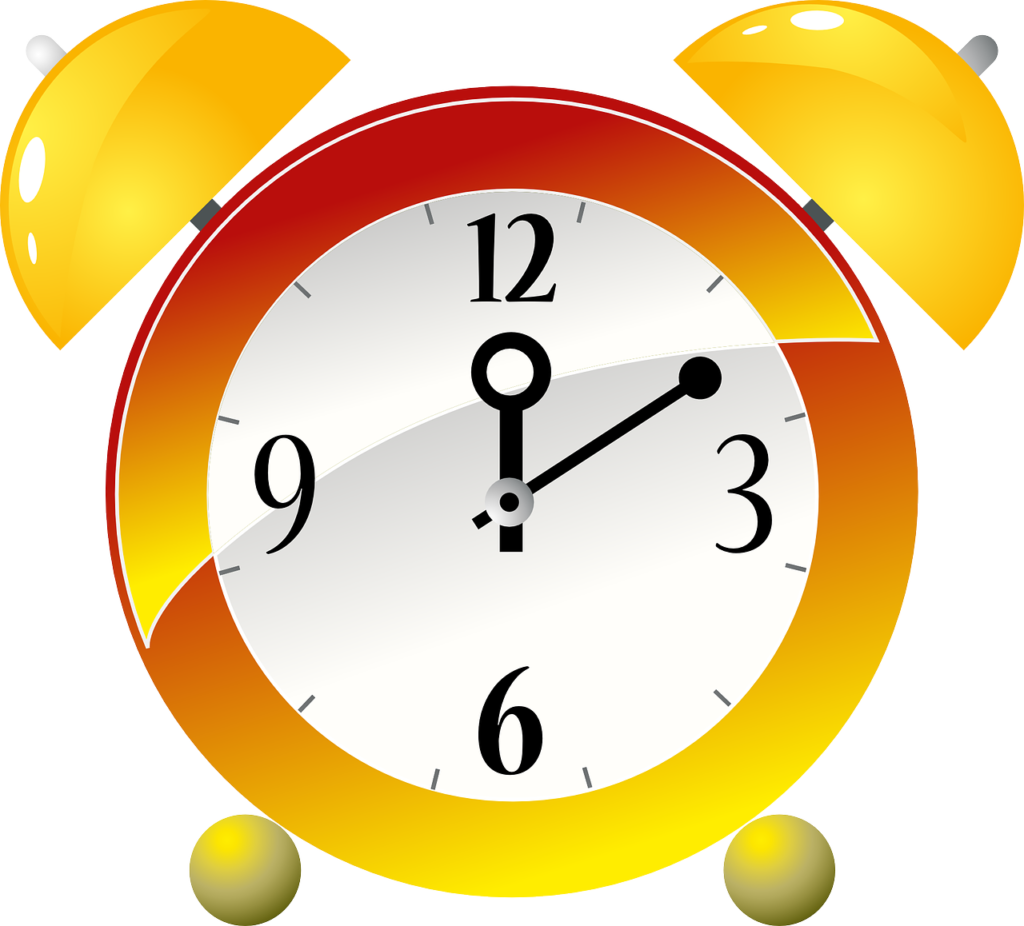Greetings in Russian Posted by Nadya on Sep 30, 2020 in language, Russian for beginners, Vocabulary, when in Russia
There are many formal and informal ways to greet people in Russian. Depending on who you are talking to, you can choose the form that best suits your situation. Let’s take a look at the most popular variations.
The most common greetings
The most commonly used greetings in Russian are “здра́вствуйте” and “приве́т“.
Здра́вствуйте! [zdrа́stvooyte] (plural) – Hello!
By greeting this way you actually wish a person good health. This is the formal Russian greeting version of “Hello!”.
Say “Здра́вствуйте” when you speak to multiple people:
- Здра́вствуйте! Да́мы и господа́, позво́льте мне предста́виться. (Hello! Ladies and gentlemen, let me introduce myself.)
This word is also used as a polite way of greeting a single person. In this case, you should address this individual with “Вы”:
- Здра́вствуйте! Вы из э́той гру́ппы тури́стов? (Hello! Are you from this tourist group?)
Here you can read more about formal and informal forms of addressing in the Russian language.
If the person is in a hurry and says “здра́вствуйте” quickly, it is shortened to “здра́сте” [zdrа́ste].
Здра́вствуй! (singular) [zdrа́stvooy] – Hello!
This is practically the same as “здра́вствуйте”, but a much less formal greeting. “Здра́вствуй” is usually addressed to younger people or people of the same age who are not close friends. For example, this is how a teacher can greet a student:
- Здра́вствуй, Са́ша! Приса́живайся, где тебе́ удо́бно. (Hello, Sasha! Sit down where you feel comfortable.)
or how you would say hello to a not very familiar peer:
- Здра́вствуй, Кристи́на! Ты рабо́таешь аге́нтом по недви́жимости, не так ли? (Hello, Christina! You work as a real estate agent, don’t you?)
Здоро́во! [zdarо́vah] – Hi!
The short version of “здра́вствуйте” which turned into a slang word. Mostly used by young people to greet their friends in a cool way:
- Здоро́во, брати́шка! (Hi, bro!)
In the military, it is customary to say, “Здра́вия жела́ю!” [zdrа́vija zhelа́ju]. You won’t need to say this unless you do not serve in the Russian army.
Приве́т! [privе́t] – Hi!
This is the most common Russian informal greeting. “Приве́т” in Russian is reserved for friends and family:
- Приве́т, мам! Ты когда́ прие́дешь домо́й? (Hi, Mom! When are you coming home?)
You can also use the word with strangers to emphasize the informality of the setting and a friendly attitude:
- Всем приве́т! Я — Ко́ля. (Hi, all! I am Kolya.)
But be careful when using this form so that it doesn’t sound rude. Never say it in a business context.
When you ask a person to say hello to someone, use the phrase “передай приве́т” (informal) or “переда́йте приве́т” (formal):
- Па́па, переда́й ба́бушке приве́т! (Dad, say hi to grandma!)
Russians don’t say “переда́й(те) здра́вствуйте”.
Приве́тствую! [privе́tstvuyu] — Greetings!
This is a fairly rarely used form. By saying this, you are not addressing the person directly, but rather confirming that you are greeting him or her: “I am greeting you!”:
- Приве́тствую всех в э́том за́ле! (Greetings to everyone in this room!)
Приве́тик! [privе́tik] or Приве́тики! [privе́tikee] – Hi!
The word is derived from “приве́т”. Usually, this is said by girls who are trying to be nice and sweet to their loved ones:
- Приве́тики! Как дели́шки? (Hi! How’s it going?)
Greetings depending on the time of day
For greetings, depending on the time of day, the same rules apply as in English. There is no distinction between official and colloquial use.
До́брое у́тро! [dо́broje útro] – Good morning!
“До́брое у́тро” is usually used until noon. Although, if you woke up at 2 pm, you could jokingly greet others this way, it would be funny. “До́брое” means “kind.” This phrase can be translated as if you wish people that the morning was kind to them, but the actual meaning is still similar to English:
- До́брое у́тро! Тебе́ хорошо́ спало́сь? (Good morning! Did you sleep well?)
До́брый день! [dо́bryy den`] – Good afternoon!
This can be used throughout the day, usually during the business hours or until it gets dark outside. The “night owl’s” день (day) probably lasts until 16-18 hours, while the “early bird’s” one may end a bit earlier:
- До́брый день! Вы уже бра́ли переры́в? (Good afternoon! Have you already taken a break?)
До́брый ве́чер! [dо́bryy vе́cheer] – Good evening!
The phrase to be user used in the evening is “До́брый ве́чер!”:
- До́брый ве́чер! Наде́юсь, он у всех сего́дня до́брый! (Good evening! I hope everyone has a good one tonight!)
In correspondence, “До́брого вре́мени су́ток” is sometimes used when the sender does not know when the recipient will read the email.
There are countless other greetings in Russian. Which ones are your favorite?

Build vocabulary, practice pronunciation, and more with Transparent Language Online. Available anytime, anywhere, on any device.






